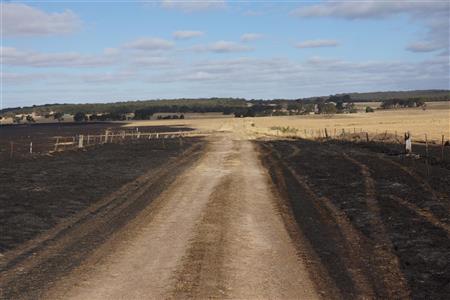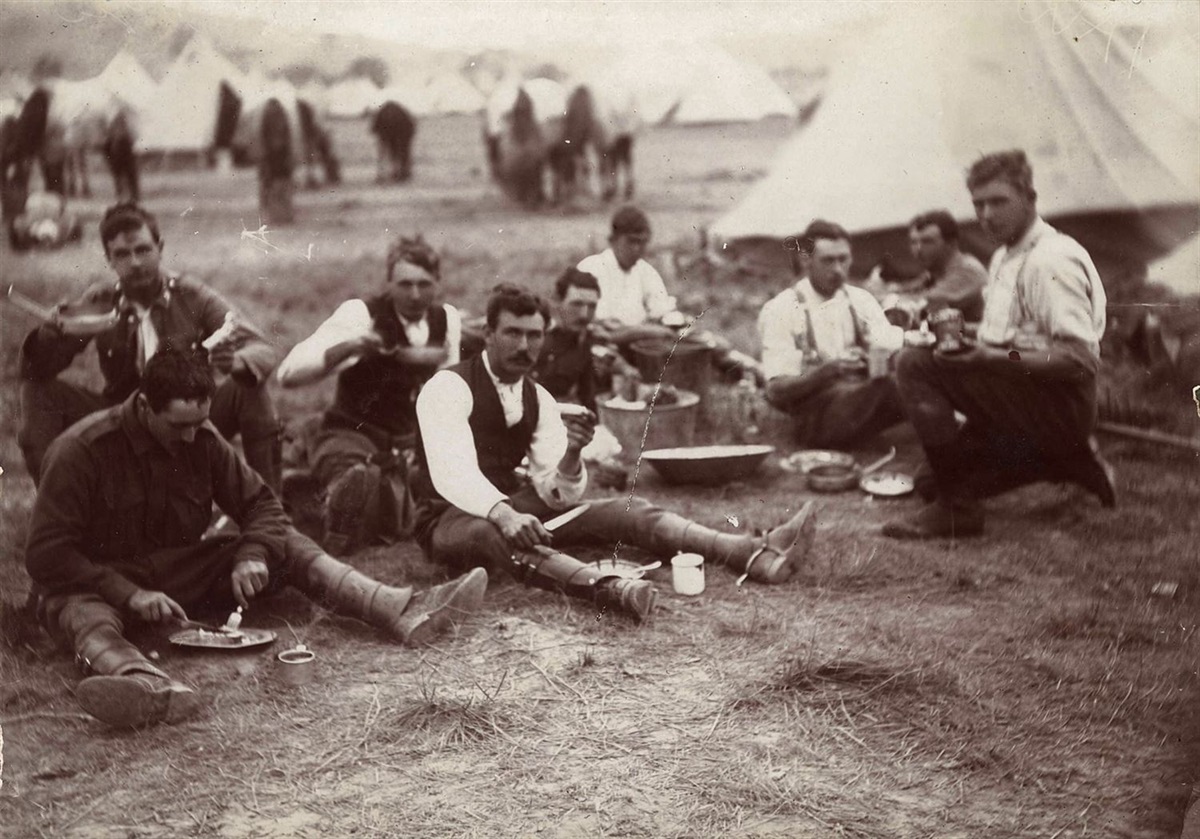While all young people have vocational learning needs, young Aboriginal and Torres Strait Islander people in metropolitan, regional and remote locations face particular challenges and barriers to completion of secondary studies and engagement in vocational education and training.
That is why post-school transition programs such as Follow the Dream are vital in providing high quality career education, to introduce students to a wealth of experiences and the wide range of post-school career pathways, and encourage them to dream big.
The Follow the Dream program began as the Graham (Polly) Farmer Foundation’s first education project in Western Australia, in 1997. After two decades, it has been successfully replicated across Australia in 33 communities in New South Wales, the Northern Territory, South Australia and Western Australia.
There is a lot of pressure on young people making big career decisions for the first time, and it can be confusing on where to go to get the advice to make those well-informed decisions.
Programs like Follow the Dream provide intensive mentoring, tuition support and advice on career development and pathways for students when they finish school and go on to university or to further education and training or employment. Program tutors help students to extend their work, catch up on work, complete assignments and prepare for exams.
Many programs offer university visits, career planning and cultural camps that provide
opportunities for students to articulate and refine their individual aspirations, and to develop relationships with students across schools.
“What students say that they most value are the practical experiences; the chance to explore beyond the world of school, to visit workplaces, go to the university for a workshop, to go to the capital city in their state for some new experiences,” says Cate Sims, Chief Executive Officer of the Graham (Polly) Farmer Foundation.
Through these transition programs students gain a sense of identity, belonging, and purpose and emerge as strong role models for their peers, siblings and wider community.
The Remote Area Teacher Education Program (RATEP) is another example of a successful and innovative distance education program for Aboriginal and Torres Strait Islander people. Run by the Queensland Department of Education and Training in partnership with TAFE Queensland North and James Cook University, the purpose of RATEP is to increase the employment of Aboriginal and Torres Strait Islander teachers and paraprofessionals in Queensland schools.
The program emphasises flexibility, local context, developing students’ aspirations and self-esteem, and promotes two-way learning and community engagement whilst offering real-world job pathways.
Graduates of RATEP have gone on to secure employment as principals, heads of departments and in other school leadership roles.
These are some of the many programs supporting Aboriginal and Torres Strait Islander secondary students to successfully transitioning to post-school destinations, as highlighted in a series of case studies at the links below.







